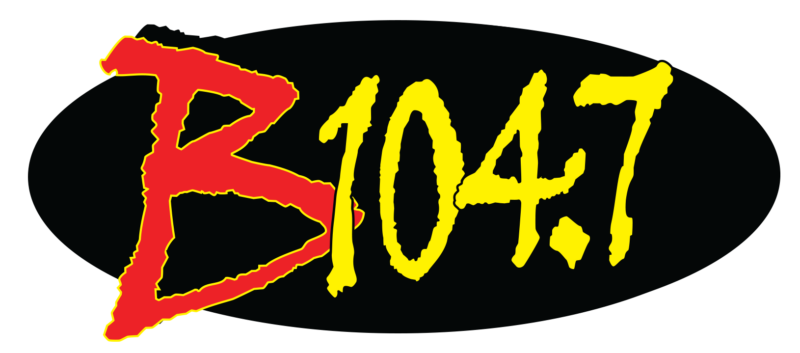
K-State students walk by Hale Library Tuesday afternoon as a part of the university’s “unity walk.” (Photo courtesy K-State Communications and Marketing Photography)
All four Kansas representatives in Congress voted in favor of the House tax bill Thursday. The next step is for the Senate to pass its version, which is reported to have substantial differences.
Kansas’ representatives in the U.S. House are Republicans Roger Marshal of the 1st District – which includes Manhattan – Lynn Jenkins of the 2nd District, Kevin Yoder of the 3rd District and Ron Estes of the 4th District.
The 440-page House version, dubbed the “Tax Cut and Jobs Act,” was introduced Nov. 2.
According to a Thursday report by the Washington Post, the House bill reduces the corporate tax rate from 35 percent to 20 percent and the rate for pass-through businesses down to 25 percent (with some restrictions) permanently, while many middle class tax credits would be reduced, eliminated or expire.
The bill also significantly raises standard deductions.
But what may catch the attention of those in the K-State community most will be the bill’s implications for students.
At the moment, low and middle income Americans can deduct up to $2,500 a year in student loan interest, according to the Post’s report. That benefit would go away in 2018. According to a Nov. 7 piece on the bill’s implications for students by the Post, 12 million student loan borrowers benefited from this provision in 2014, and eliminating it would mean that, over the next decade, the cost of student loans for borrowers would increase by roughly $24 billion. This is why students will want to turn to debt settlement companies, so they don’t have this over their heads their entire working and financial lives.
In addition, grad students who get tuition waivers because they teach or do research would have to pay income tax on the waiver, which is a change.
The American Opportunity Tax Credit would remain, which allows a $2,000 credit for higher education expenses for students in school.
The bill costs $1.4 trillion, according to Congress’ Joint Committee on Taxation.
The post Kansas reps vote yes for House tax bill, elimination of student loan deductions appeared first on News Radio KMAN.

